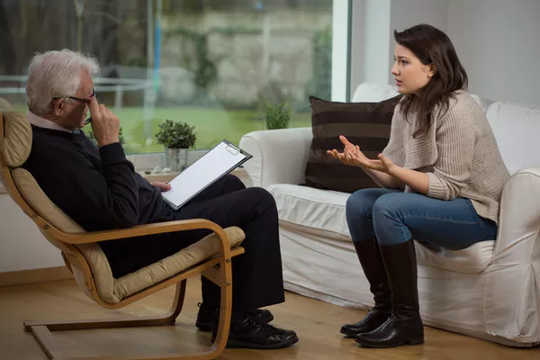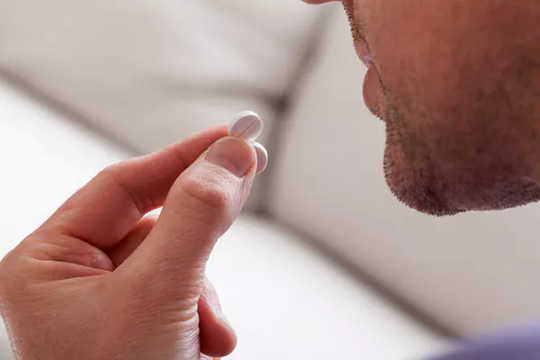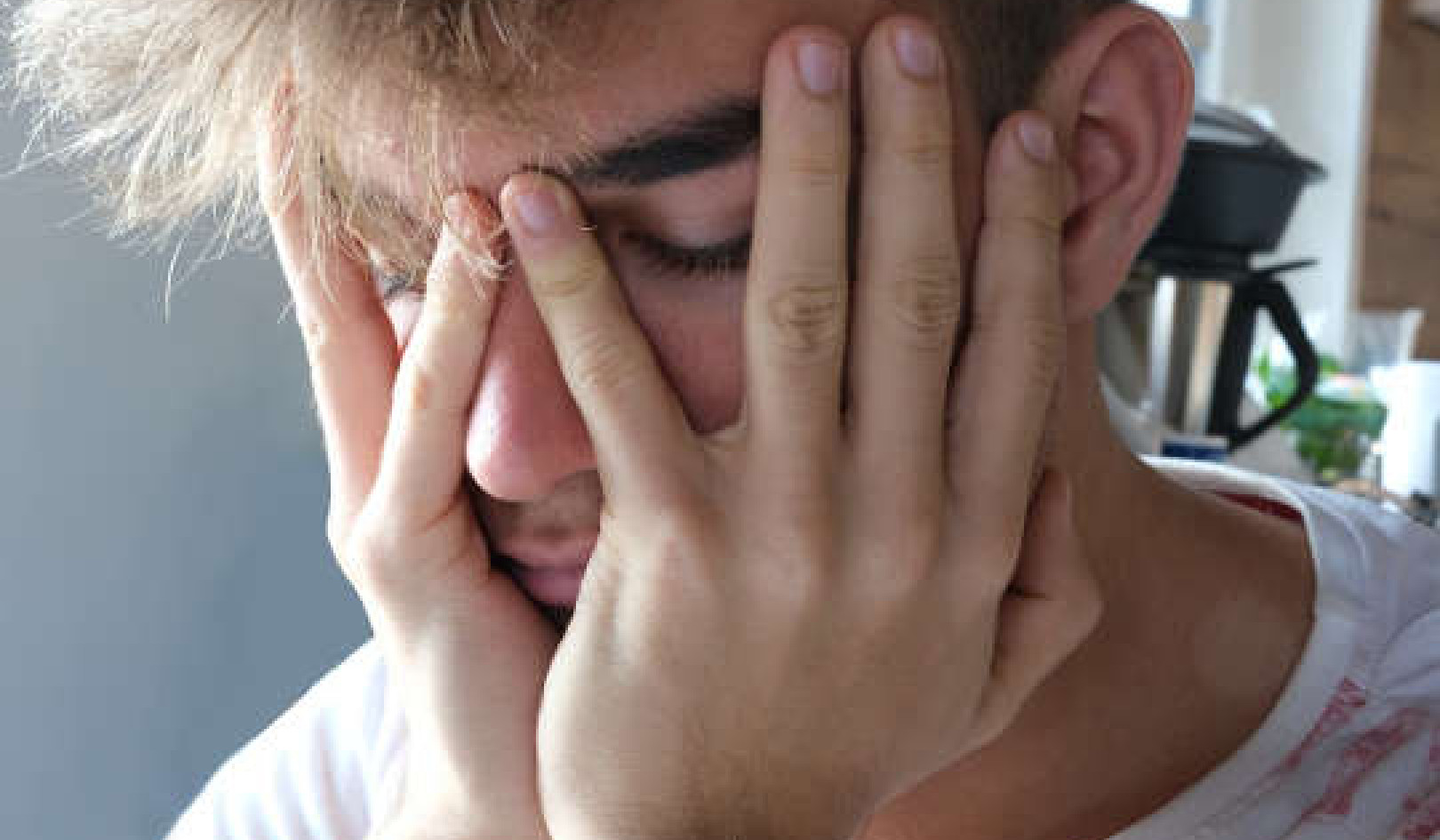
Therapy, drugs or exercise? The depression treatment journey can be difficult to navigate. Eduardo Millo/Flickr, CC BY-NC-ND
So you’re depressed. You know this because a health professional has told you so, or you’ve been depressed before and there is no mistaking the symptoms. Or perhaps you just suspect that you’re depressed – you’ve used an online screening questionnaire that suggests the diagnosis, and just need to see a health professional to confirm it. What now?
First stop: talking therapies
Psychotherapy remains the cornerstone of treatment. Cognitive behavioural therapy (CBT) is the most studied of the therapies, but other forms are effective too. CBT works by addressing the thoughts and behaviours that act to entrench depression.
When people are depressed they tend to withdraw from their social networks. They no longer enjoy social interactions and think they’re unappealing company. By spending more time alone, and less time around people whose company they would usually enjoy, the depression gets worse, leading to even more time spent alone, and so on.
CBT and most other therapies act to break this feedback loop by challenging the thoughts and behaviours that reinforce social isolation, and getting people engaged again.
How do you find a therapist?
Your GP should be able to recommend one, or you can find names in the directories at the Australian Psychological Society and Royal Australian and New Zealand College of Psychiatrists. If you’re between 12 and 25, headspace is a good option.
Most therapists are psychologists or psychiatrists, but some have backgrounds in occupational therapy and social work. There is actually no need for a formal qualification to work as a therapist; my five-year-old daughter could put up her shingle. But it becomes important for claiming rebates, as well as feeling confident you’re seeing someone with a degree of competence.
The Medicare Better Access scheme provides rebates for up to ten sessions of therapy a year to see a psychologist, social worker, or occupational therapist.
To access it you need a GP referral, and the amount of the rebate you get will depend on the qualification of the therapist. It might cover all of the therapist’s fee, or there might be a gap.
You can get a higher rebate still if you see a psychiatrist, who can offer up to 50 sessions of therapy a year. Their fees are likely to be higher, though, meaning a bigger gap between what you pay and the rebate you get.

CBT aims to break unhelpful thinking patterns. Photographee.eu/Shutterstock
The funding for ten sessions per calendar year for non-medical therapists introduces an oddity to the process. If you start seeing a therapist towards the end of the year you can get 20 continuous sessions (ten in one year and ten in the next). But if your depression hits at the beginning of a calendar year you will be cut off after ten.
There are other options, though: you might be eligible for rebates from your health insurance fund and of course, if you can afford to, you can pay for the sessions yourself.
Then there is online therapy, which research suggests is very effective. There are a number of options available in Australia, including MoodGYM, e-couch and This Way Up. They are worth investigating.
Antidepressants
Medications for depression have got a lot of bad press in the past few years, with suggestions that pharmaceutical companies have exaggerated their effectiveness by burying equivocal or negative results.
A fair assessment of the evidence suggests that overall they are effective: only modestly so, but taking an antidepressant medication is, on average, more effective than taking a sugar tablet.
Antidepressant medications might be considered when therapy hasn’t been effective, when it isn’t wanted (not everyone wants to see a therapist), or when the depression is severe.
One of the problems with antidepressant medications is they’re often not well-managed. Too often doctors write a script and the person stays on a low and ineffective dose of the medication without review for many months, even years.

Antidepressant use should be closely managed. Photographee.eu/Shutterstock
Antidepressant medications take four to six weeks before they start working. If there hasn’t been any effect by then, something needs to happen. In the first instance that is usually a dose increase.
But if the medication still hasn’t had any positive effect after another six to eight weeks, another medication should be considered. You need to get to this point before you can determine that a medication hasn’t been effective, but beyond this point there seems little sense in staying on a medication that hasn’t helped.
Any decisions about stopping medication, or changing dose, should be made in consultation with a doctor. Not only can they discuss the options, but they can also monitor your mood while changes are made.
Diet and exercise
People with depression are increasingly told that doing more exercise and eating better – the contemporary version of pulling their socks up – will alleviate their symptoms.
The science shows people who eat well and exercise regularly have lower levels of depression. Good physical health is associated with good mental health. Whether or not interventions that aim to improve diet or increase physical fitness are effective treatments for depression is, however, less certain.
The main problem with these prescriptions, as anyone who has been on a diet or joined a gym will know, is that filling them is hard.
It is always good to be fit and eat well, and doctors should more often recommend that these can help depression. But at this stage, while we work out how best exercise and diet can work as interventions, they should be seen as adjuncts to the more established treatments: pursue them, but in addition to psychotherapy, not instead of it.
About The Author
Christopher Davey, Consultant psychiatrist and head of mood disorders research at Orygen, The National Centre of Excellence in Youth Mental Health, University of Melbourne
This article is republished from The Conversation under a Creative Commons license. Read the original article.
Related Books
at InnerSelf Market and Amazon
























